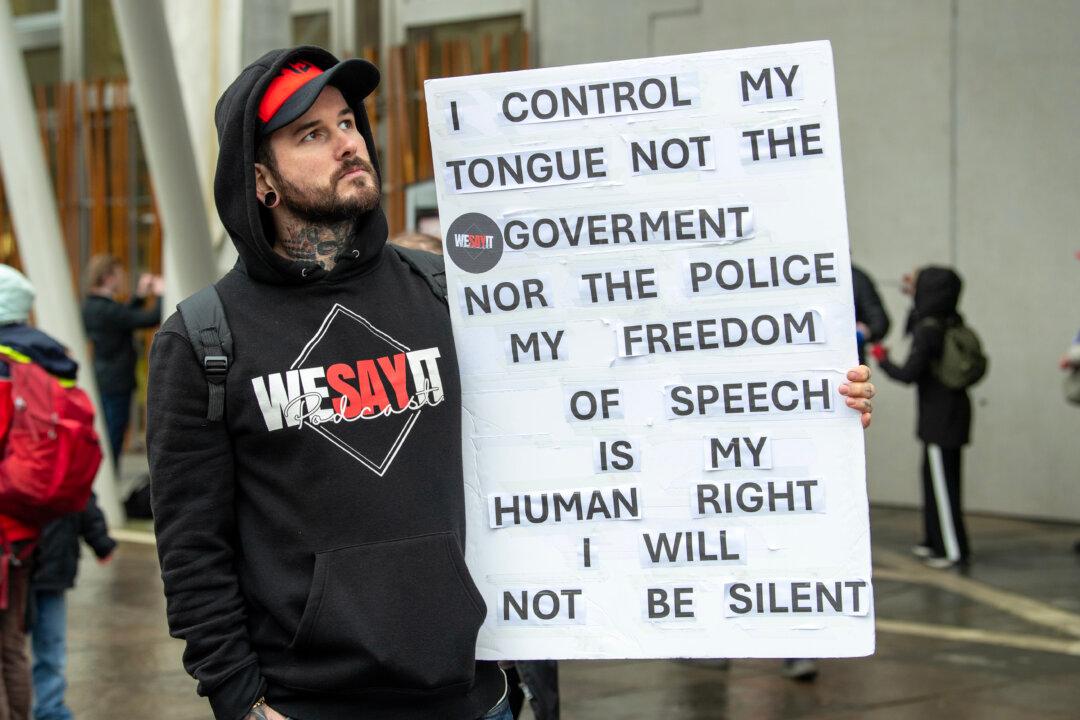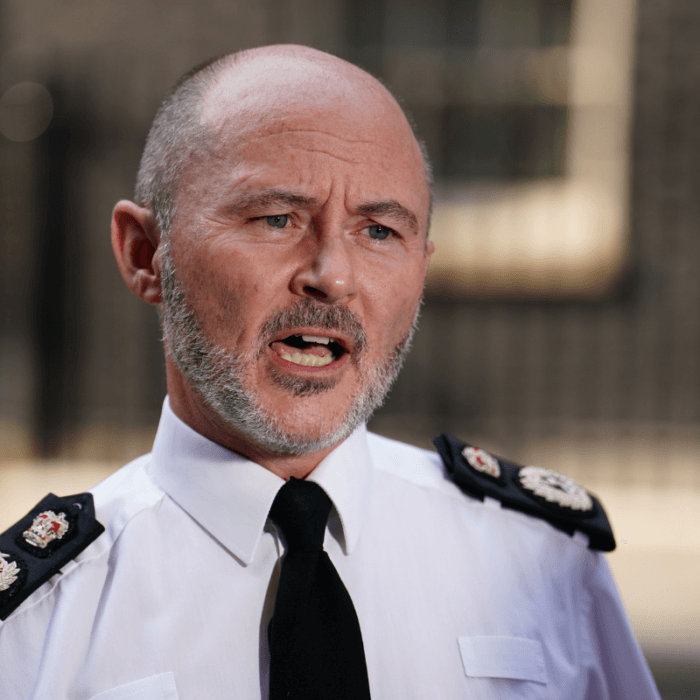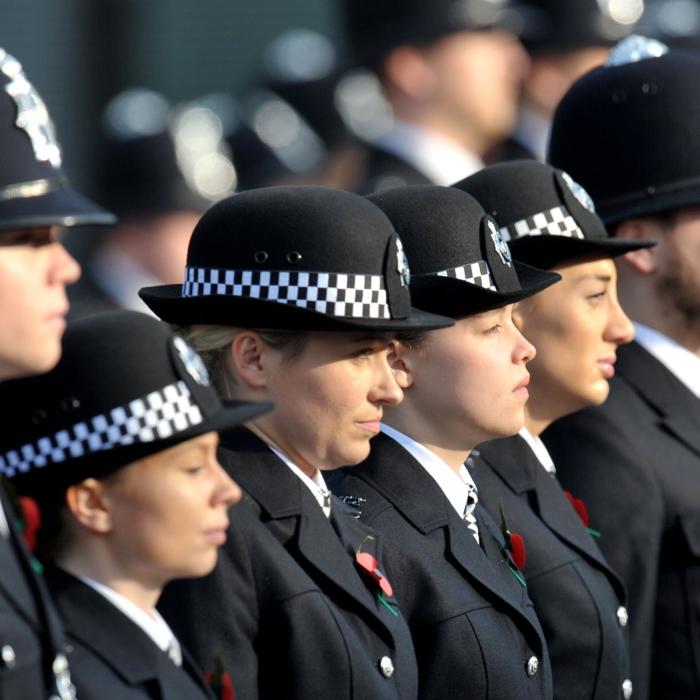Non-crime hate incidents (NCHIs) “should be abolished” as they “distract police from the fight against crime” while having a “chilling effect” on freedom of expression, a think tank has argued.
The report claims that as well as distracting police officers from their job of fighting crime, they can also cause prospective employees to lose job opportunities in the same way as a criminal record can.
7,500 Working Days Lost
He estimates that nationally more than 60,000 police hours, or 7,500 full working days, are being spent on NCHIs annually.An independent review will be launched into the force’s handling of the case after the story sparked a backlash about apparent police overreach.
The Policy Exchange paper claimed analysis of Essex Police’s NCHIs revealed the force has a “far higher rate” than other forces around the country.
It said that in 2023 Essex Police recorded NCHIs at a rate of 21.5 NCHIs per 100 officers per annum, a rate “twice that of the national rate, three times that of the Metropolitan Police, four times that of Greater Manchester Police and ten times that of West Yorkshire Police.”
Freedom of Expression
If the government retains the policy, then they should update the Code of Practice that would “lead to a substantial reduction in the number of NCHIs record[ed] – increasing ‘freedom of expression’ protections and reducing the distraction of police officers from their core mission of fighting crime,” the report said.It added that this should include no longer recording any NCHIs that do not contain personal data.
The think tank argued that the government should raise the definition threshold to “genuinely meet the standard of hate” and pass legislation mandating police forces to follow the Code of Practice of non-crime hate incidents.
Spencer said: “The non-crime hate incident regime is having a devastating impact on the public and their perception of policing.
“Too often police chiefs have chosen to focus their attention on matters other than the fight against those crimes which most affects the public.
“By abolishing the entire NCHI regime the Government has an opportunity to keep the police’s attention on what really matters to the public, catching the burglars, drug dealers and violent thugs who cause misery to the lives of millions.”

NCHIs were created under the premiership of Sir Tony Blair following the Macpherson Report of 1999 into the investigation of the murder of Stephen Lawrence. The rationale behind NCHIs was to focus on the perception of the alleged victim that they had been subject to “hate” but where the criminal threshold had not been crossed. The characteristics for the purposes of NCHIs are race, religion, disability, sexual orientation, and transgender identity.
Lord Hogan-Howe QPM, former commissioner of the Metropolitan Police, endorsed the report, saying that the previous Labour government was “well intentioned” in introducing the NCHIs “to try and spot incidents that might lead to racist attacks and crime in the future.”
But he said, “Unfortunately, the rules on it have been developed by secondary rather than primary legislation, which has led to little debate about their efficacy.”
Hate Is ‘Subjective’
Hogan-Howe added: “It is often the investigation of people who are ‘suspects’ in those incidents which is causing most public concern. “Whether something is a crime is an objective statutory test. Whether something is a non-crime hate incident is a subjective test based on guidance, producing inconsistent outcomes.”
He added that Parliament rather than the College of Policing must decide whether the police should be investigating people for NCHIs and how they are recorded.
Although Essex Police said that Pearson was under investigation for the crime of inciting racial hatred, the debate over the incident led to a number of high-profile politicians and personalities to call for the abolition of NCHIs.
“It’s time to look (yet again) at the guidelines and review whether the overall policy is still fit for purpose.”
‘Common Sense’
Home Secretary Yvette Cooper has said that the police should use “common sense” when investigating allegations of hatred, while Prime Minister Sir Keir Starmer said last week that “as a general principle the police should concentrate on what matters most to their communities.”Cooper has said she wants to strengthen police recording of hate incidents amid concerns that the latest guidance, implemented by former Home Secretary Suella Braverman, is preventing police from identifying threats to Jewish and Muslim communities that may escalate into violence.
Under the change, officers are now only allowed to record an NCHI if the incident is “clearly motivated by intentional hostility” and where there is a “real risk of escalation causing significant harm or a criminal offence.”







